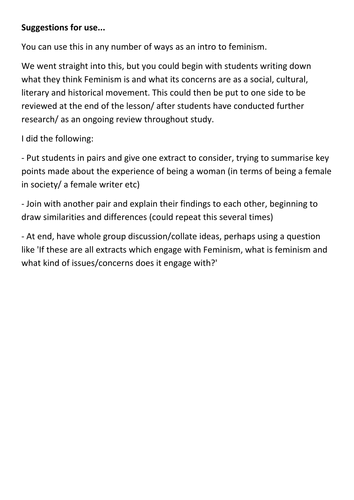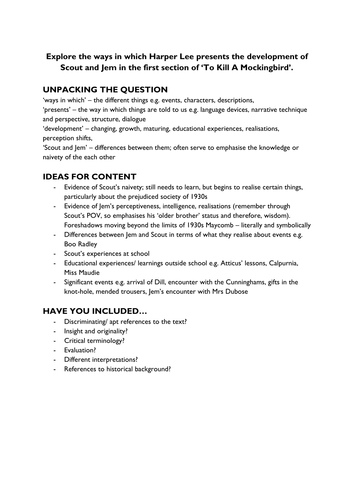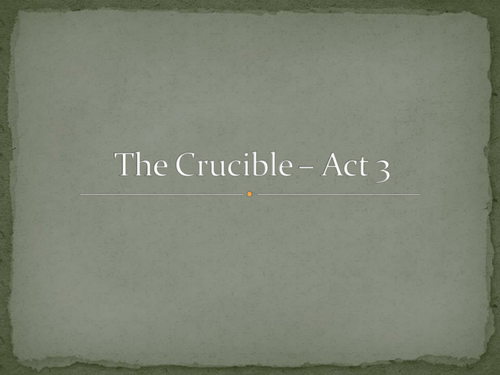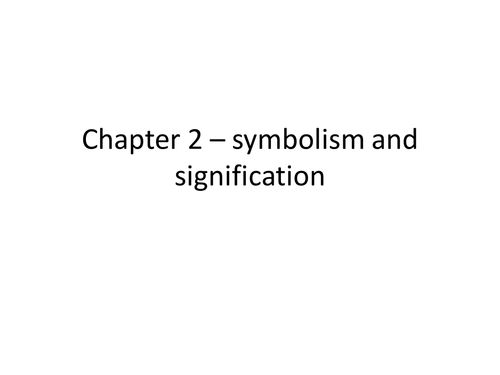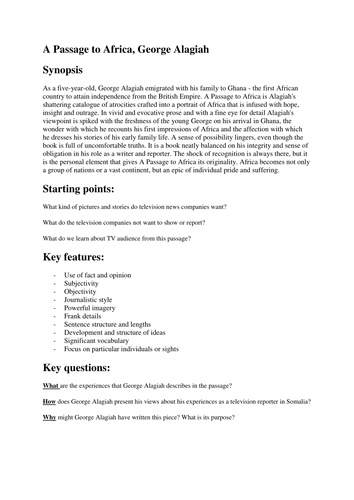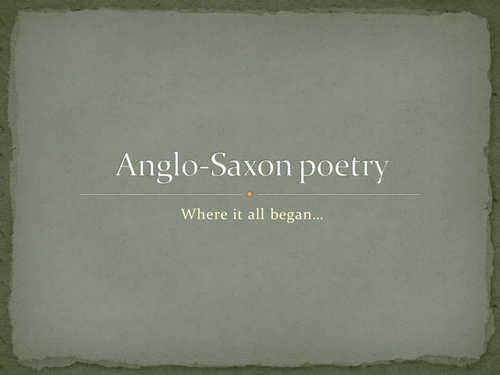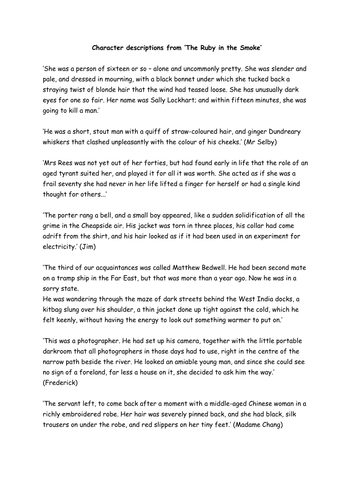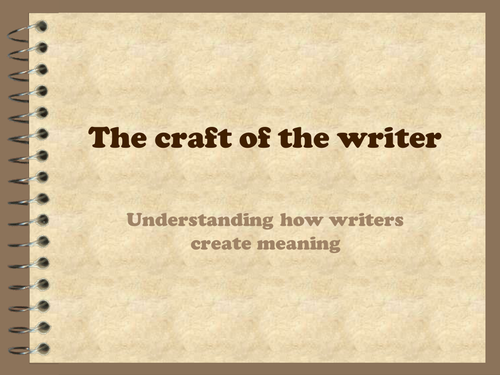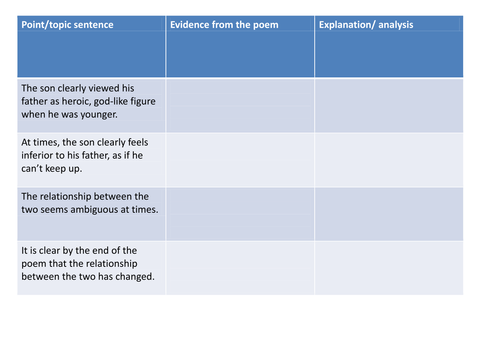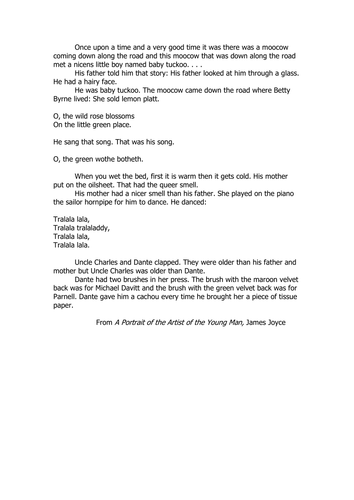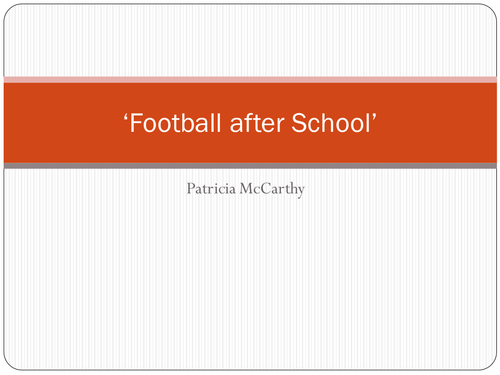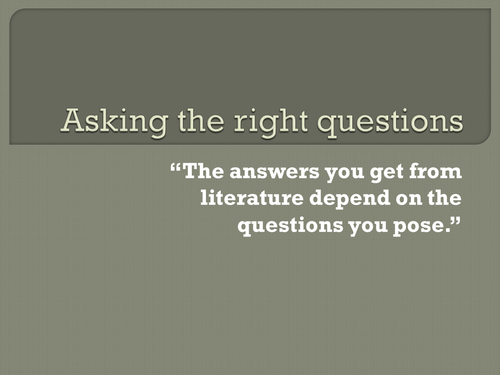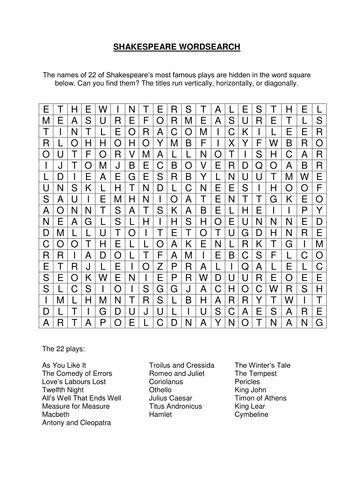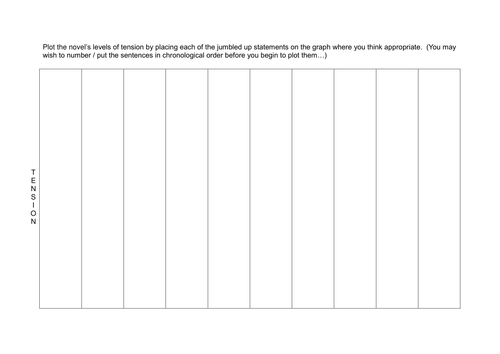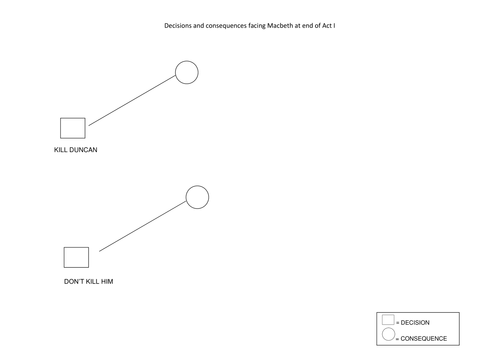FOR THE LOVE OF LITERATURE
I love creating resources and spend far too much time doing it. Currently teaching mostly A-level English Literature, but there are a range of free and paid resources for all ages. I believe in challenging students with a range of ambitious material, but also believe that this needs to be underpinned by explicit direction on HOW students can develop their ideas in written form. Write better... think better... think better...write better... and so on.




